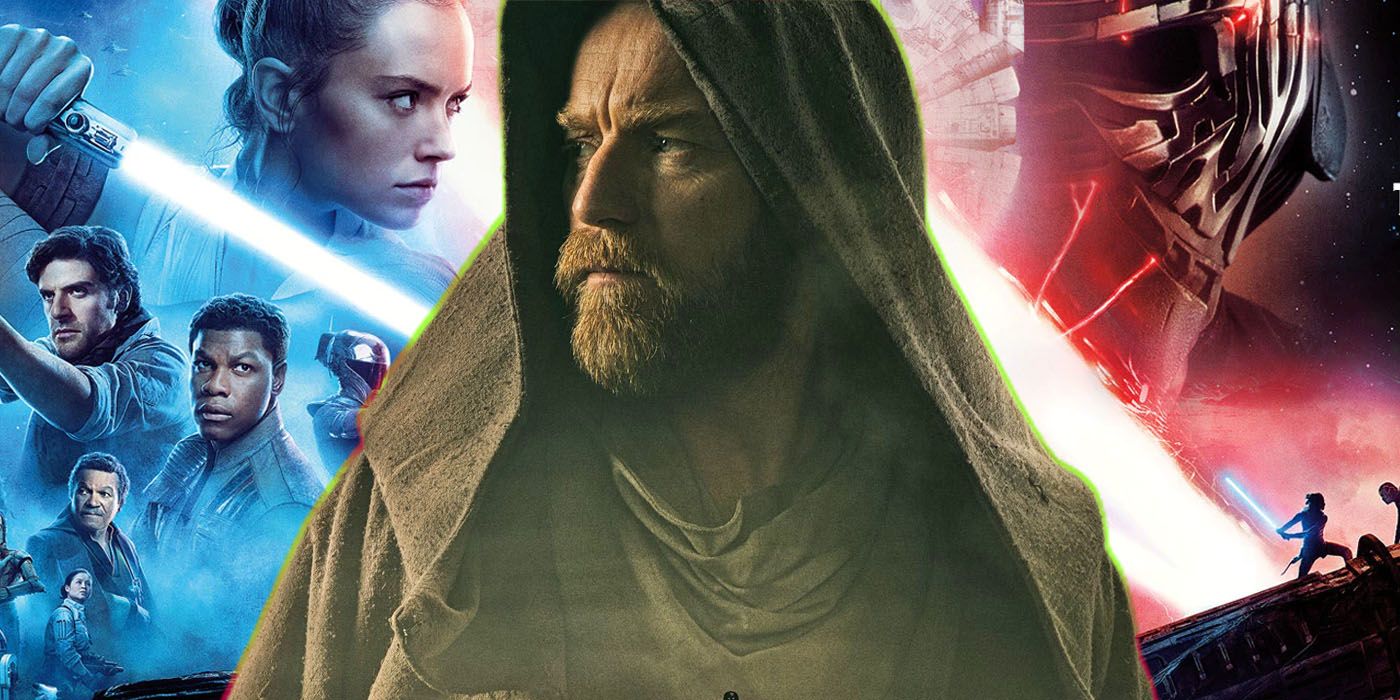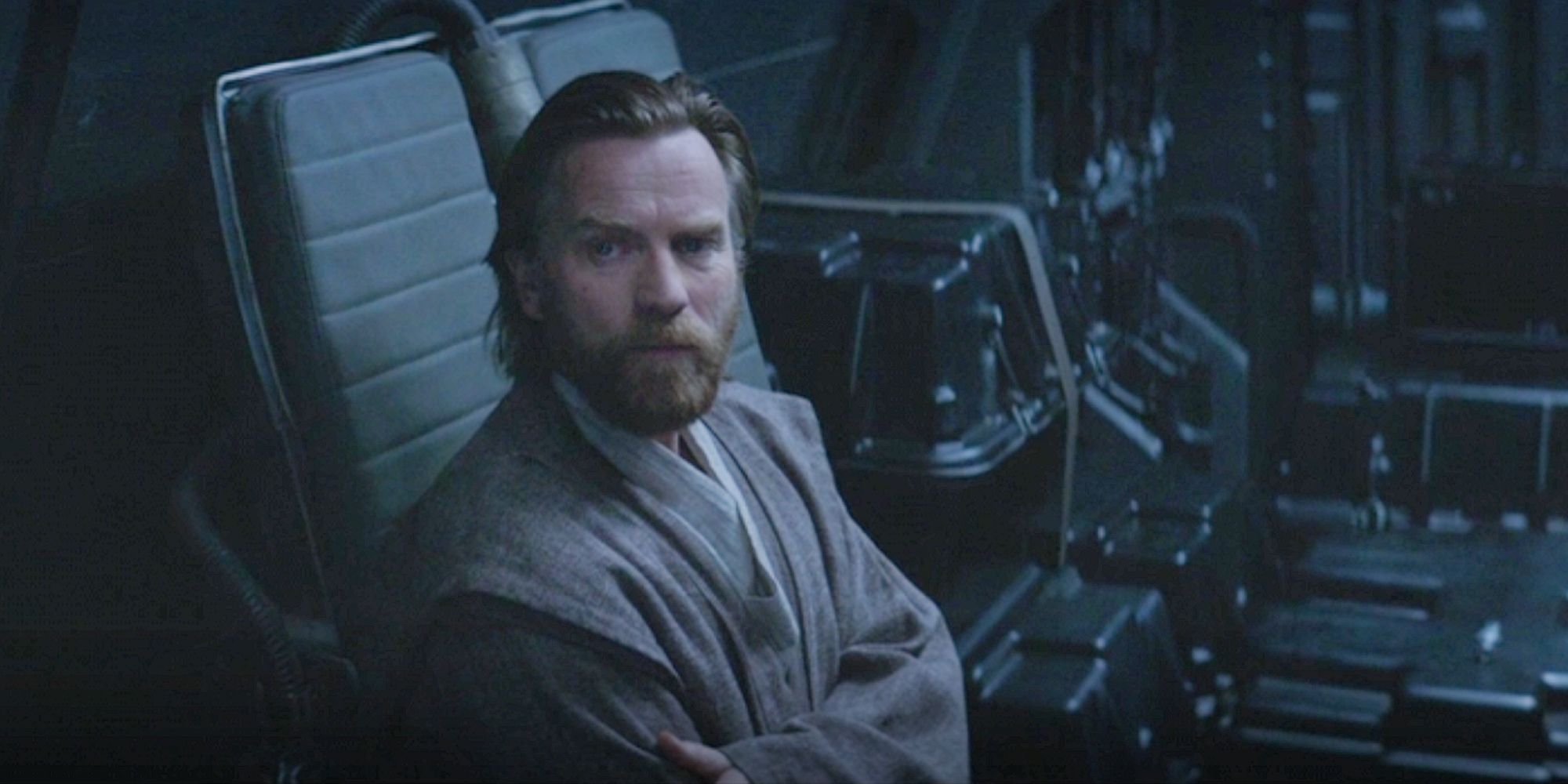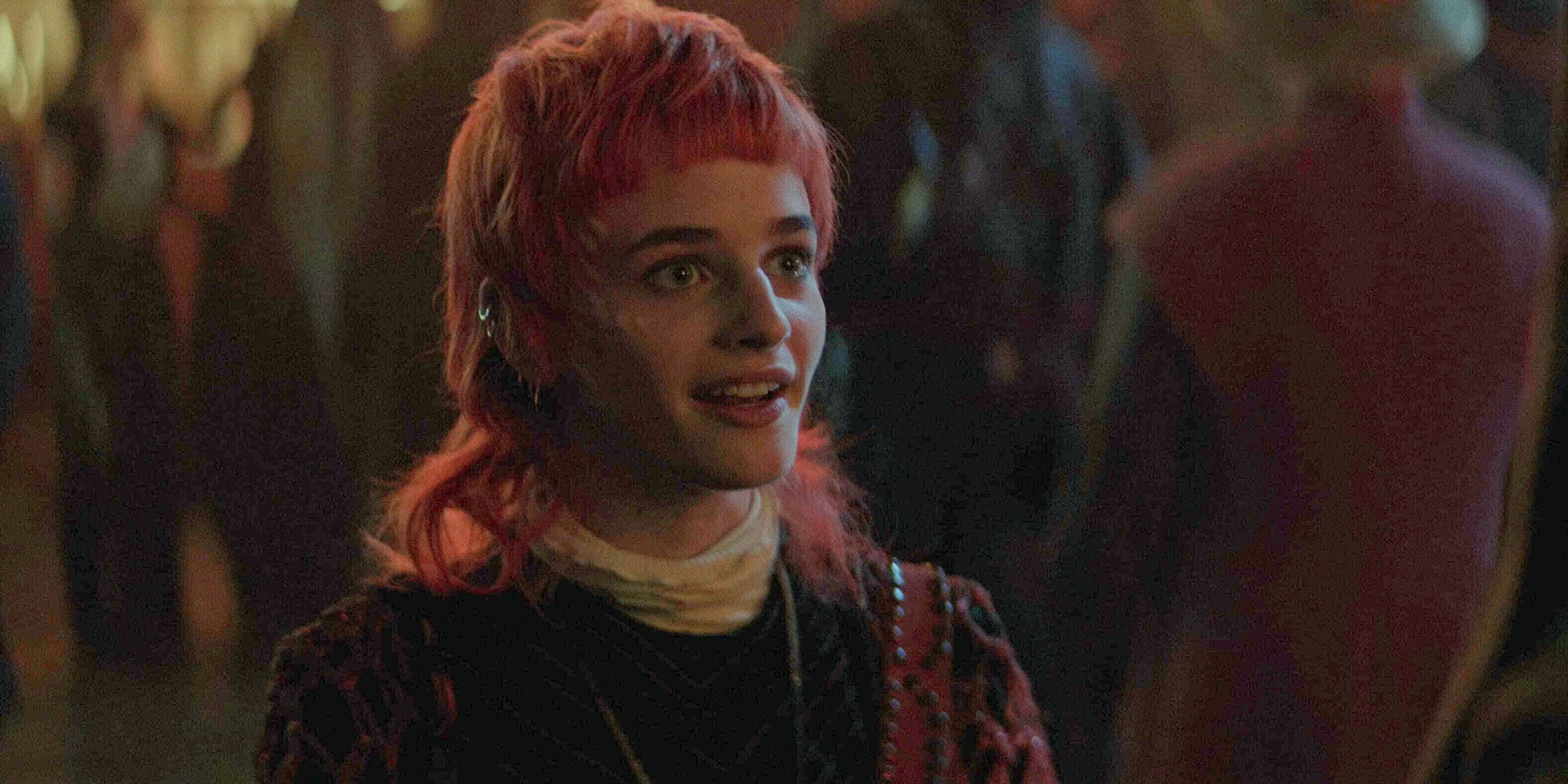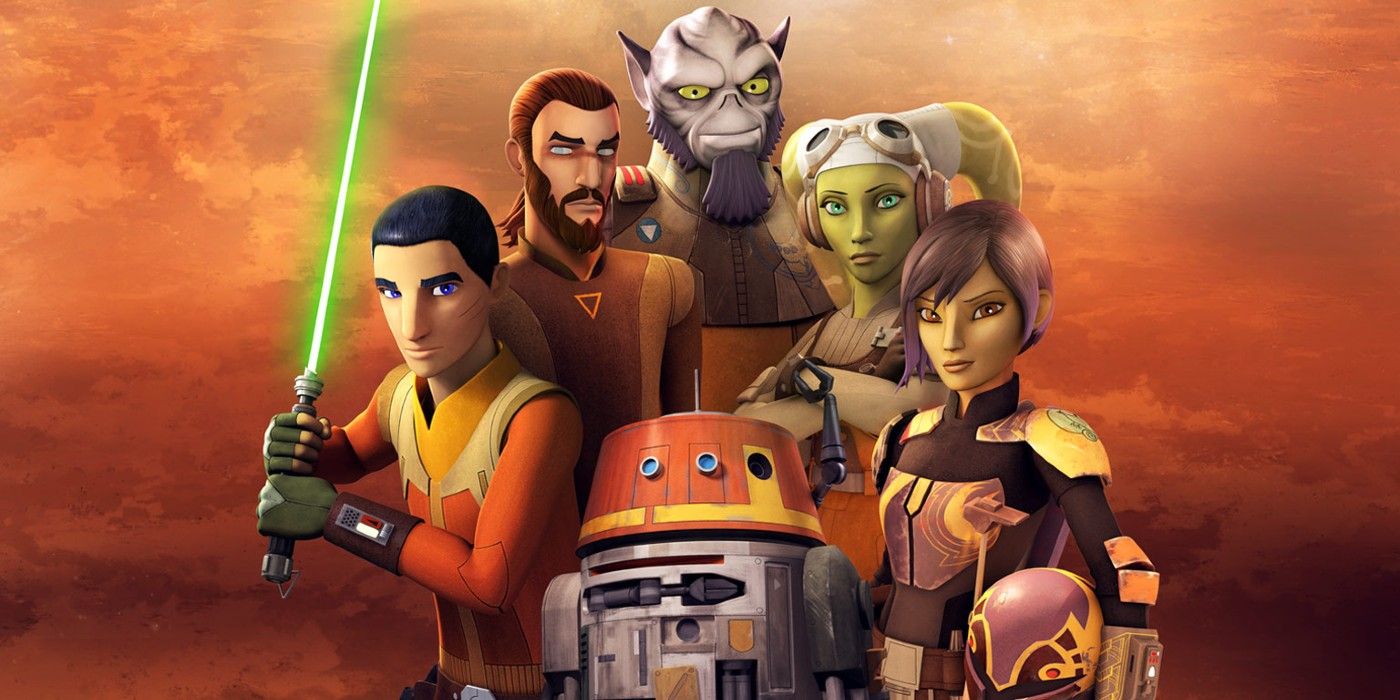This post contains spoilers for Obi-Wan Kenobi, now streaming on Disney+
The new Obi-Wan Kenobi series on Disney+ is closely connected to both the original and prequel Star Wars trilogies. This more than makes sense, because this character bridges both of those trilogies. Yet, what about the latter three chapters in the Skywalker saga, does this show ignore them? Not at all, in fact one of the overarching themes in Obi-Wan Kenobi reflects the most important theme in The Rise of Skywalker.
There have been lots of nods to the Star Wars films in Obi-Wan Kenobi, and the sequels are no exception. For example, Obi-Wan hides his and Anakin’s lightsabers in the sands of Tatooine, just like how Rey buries them in Episode IX. Yet, in order to understand the theme that Obi-Wan Kenobi and The Rise of Skywalker shares, you have to go back to where it all began for the Skywalkers and Obi-Wan. No, not A New Hope, but The Phantom Menace.
The first chronological Star Wars story we get brings Padawan Obi-Wan Kenobi to Tatooine for the first time. There, his master Qui-Gon Jinn, played by Liam Neeson, befriends a young boy strong in the Force. Later, when eating dinner with young Anakin and his mother, the boy offers to help the Jedi. When his mother tries to stop him, he uses his words against her. “Mom, you said the biggest problem in this universe is that nobody helps each other.” If the Star Wars prequels are a warning about how good people turn into merciless authoritarians, there is no greater thematic argument than “people not helping each other” for how that happens.
One of the best scenes in The Rise of Skywalker comes late in the film, when the Resistance thinks they are beaten by the might of the Final Order. Then, we hear the voice of Lando to see that he’s arrived to the battle with thousands of ships behind him. OneFirst Order officer remarks to General Pryde that it’s not a naval fleet attacking them, “it’s just people.” From the moment that Keri Russell’s Zorii Bliss first tells Poe that there’s “more of us” than First Order faithful, the film drives home the point that while heroes can save us, we can all save each other.
This is where Obi-Wan Kenobi “rhymes” both with Anakin’s sentiment in The Phantom Menace and The Rise of Skywalker. Old Ben’s greatest sin in this series is that first resists the call to help rescue Leia. He forgot the simple lesson of the Jedi, that you must help those you can. People end up dead because of Obi-Wan’s inaction, though it’s arguable that more people might have died had he helped. He is confronted by this inaction when he does eventually leave Tatooine.
The first thing he sees is a destitute clone trooper, the ultimate example of this. The clones are living beings created to fight the Empire’s war who were discarded when the need for them was over. There’s more of this story in The Bad Batch, but at least Obi-Wan tosses the poor guy some credits. He also encounters a drug dealer, played by Ewan McGregor’s actual daughter, who espouses a hopeless view of life and tells him she cares little for her own self-destruction or the destruction of others. In this case, Obi-Wan doesn’t even tell her to “go home and rethink your life.”
In the beginning of “Part III,” Obi-Wan is at his most desperate. He is terrified to trust anyone, and thinks they’ve for sure been sold out to the Empire or criminals. He believes that “The Path,” is just a con-game run by Kumail Nanjiani’s pretend Jedi. But even though Haja is a charlatan, he does prove to be more of a Jedi than Obi-Wan right then. He risks his own life facing off against the Third Sister to buy time for Obi-Wan and Leia to escape. Later, Obi-Wan's fear seems to be warranted after Freck delivers them straight to the Stormtroopers. It’s only after the arrival of Indira Varma’s Tala that his point-of-view starts to change.
From the safehouse to the place where he’s healed from his fight with Vader, Obi-Wan is confronted at every turn by the impact of helping people. It is a massive risk to help Jedi, lest the full might of Vader and the Inquisitors fall on those that are helping them. Still, Tala and Roken, played by O’Shea Jackson Jr., rebel against the Imperial status quo. Yet, as they say to Obi-Wan when he suggests rescuing Leia, they are not soldiers. They are rebels of a sort, yes. Only these rebels break the law to help people run and hide. They don’t fight the Empire, and they definitely don’t go looking for trouble with them.
The first story from Star Wars after Disney bought Lucasfilm was Star Wars: Rebels. It was a show set about five years after Obi-Wan Kenobi, and it tells the story of how the Rebel Alliance formed. It was Mon Mothma who brought the disparate cells of rebels together around a common cause. This is why Mothma’s inclusion suggests Andor will be the most political Star Wars story since Revenge of the Sith. Yet, before Mothma officially defected from the Senate, the Rebel Alliance simply did not exist. What you had were simply groups of people risking their well-being to help other people oppressed by the Empire.
Rebels also showed us how Bail Organa, Leia’s father, played by Jimmy Smits, is actively fighting the Empire from within the Senate. In the novel Ahsoka, he and the former padawan began the “Fulcrum Network.” Essentially, Ahsoka and others work as spies plotting against the Empire and helping those it sets its sights on. Again, we will probably learn more about this group in Andor, as he was a Fulcrum agent in Rogue One. Either way, Obi-Wan is surrounded by people who are doing their best to solve “the biggest problem in the universe.”
If we didn’t already know how this story ends, it would be disappointing if Obi-Wan didn’t decide to fight rather than resume his vigil over Luke Skywalker. The people helping Obi-Wan on this mission are prime examples that one need not be a Jedi to make a difference in the face of evil.
You can see how people can help each other in the last episodes of Obi-Wan Kenobi on Disney+.




